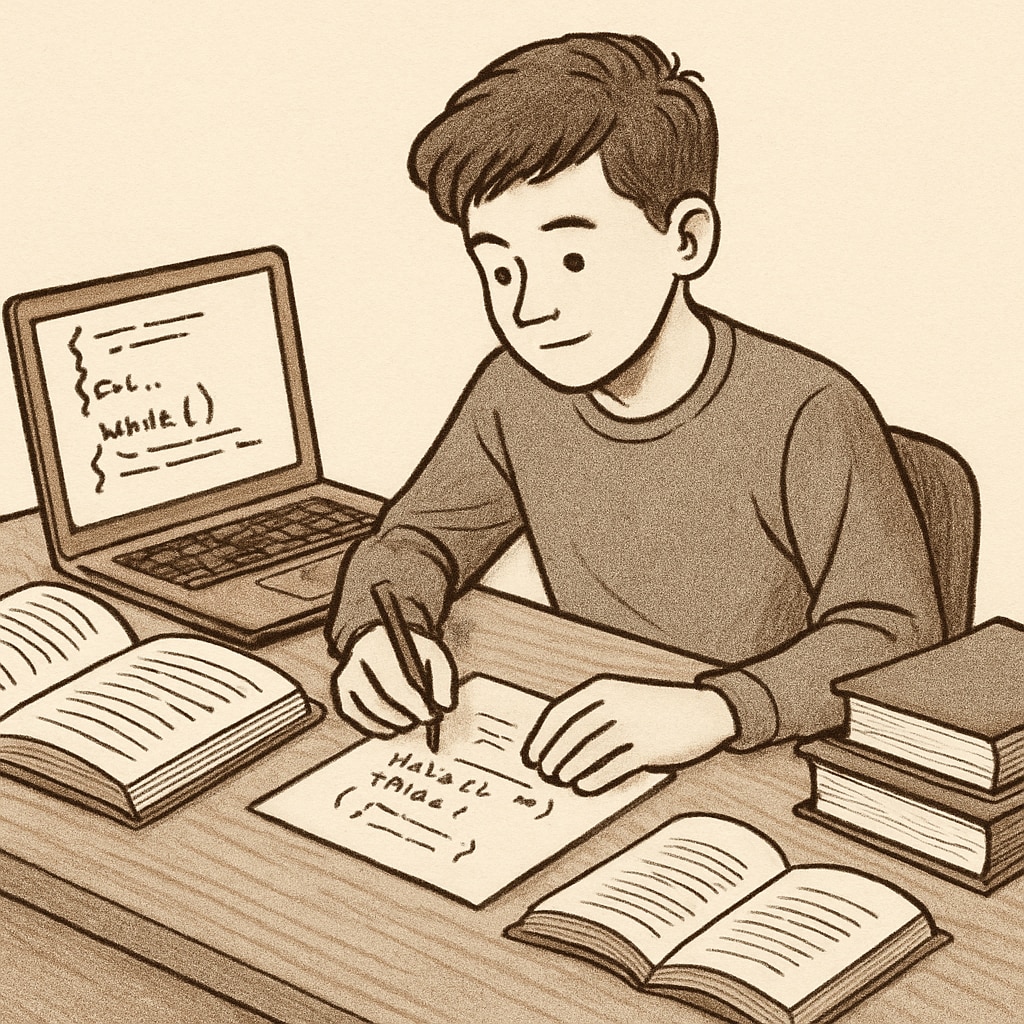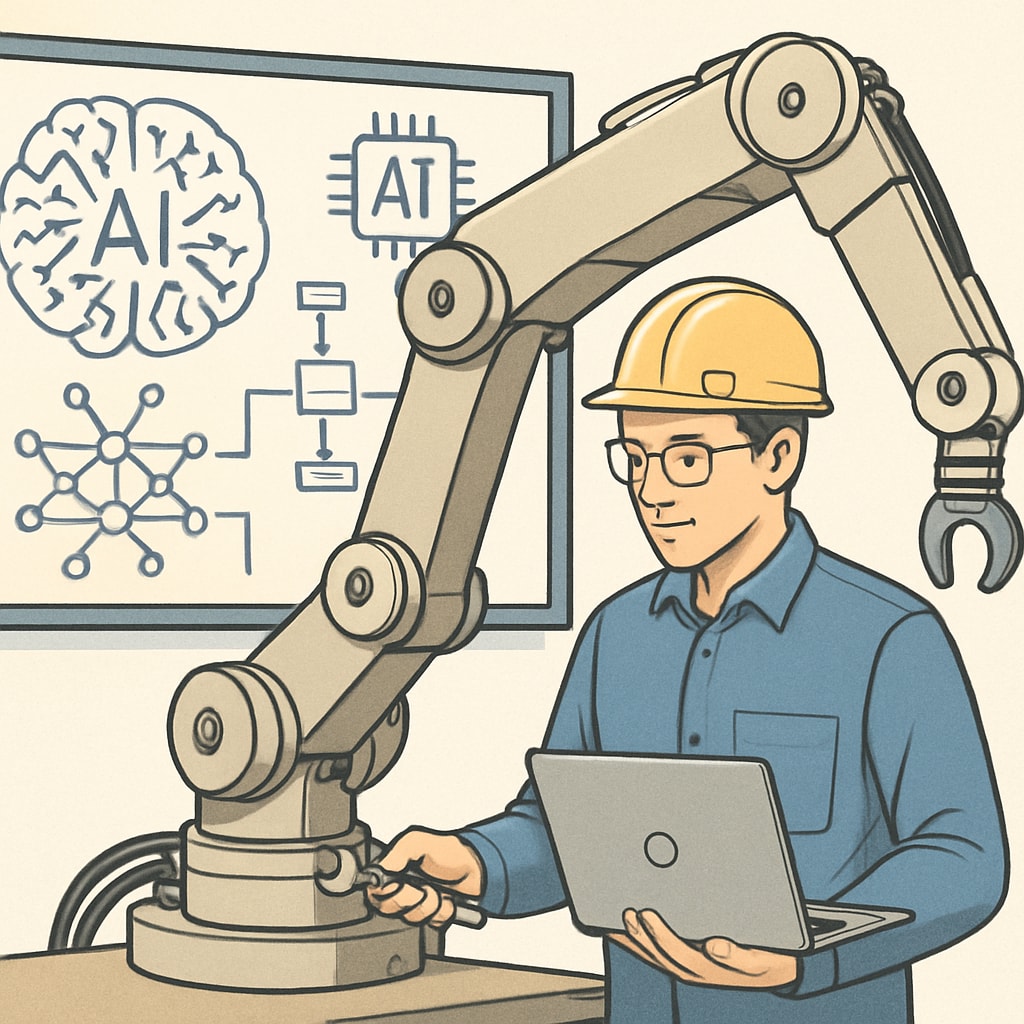In the rapidly evolving age of artificial intelligence (AI), “career choices, programmers, engineers, and AI” have become interlinked concerns for teenagers and their parents. As the demand for technological expertise rises, K12 students are increasingly drawn to professions like programming and engineering. However, the AI revolution has also sparked doubts about job stability and the future relevance of these roles. This article explores the fundamental differences between programmers and engineers, the influence of AI on these fields, and how to guide teenagers toward a career path that aligns with their skills and aspirations.
Understanding the Core Differences Between Programmers and Engineers
At first glance, the terms “programmer” and “engineer” may seem interchangeable, but they represent distinct career paths. Programmers focus on writing code to solve specific problems, while engineers take a broader approach, designing and implementing systems that integrate various components, including hardware, software, and infrastructure.
For example, a programmer might write the code for a mobile app, ensuring it functions as expected, while an engineer would oversee the app’s integration with servers, databases, and other systems. Both roles require strong problem-solving skills, but engineers often need expertise in project management and system design.
Teenagers should evaluate their interests: are they passionate about coding and algorithms, or do they prefer designing and overseeing large-scale projects? Understanding these differences is the first step toward making an informed career decision.

The Impact of Artificial Intelligence on Programming and Engineering
Artificial intelligence is transforming the job market, including the fields of programming and engineering. Many routine coding tasks are now automated by AI tools, such as ChatGPT and GitHub Copilot, which can generate code snippets and debug errors. While this might reduce the demand for basic programming skills, it also creates opportunities for those who can work alongside AI to develop innovative solutions.
For engineers, AI is a double-edged sword. It simplifies tasks like system modeling and optimization but also requires engineers to adapt to new technologies and methodologies. For example, civil engineers now use AI for predictive maintenance of infrastructure, and software engineers collaborate with AI to build smarter applications.
Teenagers considering these careers should focus on building skills that AI cannot easily replicate, such as creativity, critical thinking, and interdisciplinary knowledge. As AI reshapes the job landscape, adaptability will be key to long-term success.

Guiding Teenagers Toward the Right Career Path
Parents and educators play a crucial role in helping teenagers navigate their career options. Here are some practical steps to consider:
- Encourage exploration: Provide opportunities for students to explore both programming and engineering through workshops, internships, and online courses.
- Focus on foundational skills: Emphasize critical thinking, problem-solving, and communication skills, which are valuable across all professions.
- Stay informed: Keep up with trends in AI and technology to understand how these changes affect career prospects.
- Consider mentorship: Connect teenagers with professionals in the field who can offer insights and guidance.
Ultimately, the goal is to help students find a career that aligns with their interests and strengths while preparing them for the challenges of the AI era.
For further exploration of AI’s impact on various professions, you can visit resources like Artificial Intelligence on Wikipedia or Artificial Intelligence on Britannica.
Conclusion: Adapting to an AI-Driven World
As AI continues to reshape industries, “career choices, programmers, engineers, and AI” will remain interconnected topics of discussion. Teenagers must approach these decisions with curiosity and adaptability, focusing on skills that complement AI rather than compete with it. By understanding the unique demands and opportunities of programming and engineering, young learners can confidently step into the AI-driven future and thrive in their chosen fields.
In the end, the key to success lies in lifelong learning and the ability to evolve alongside technological advancements. The AI era is not a threat but an opportunity for those ready to embrace change and innovate.


